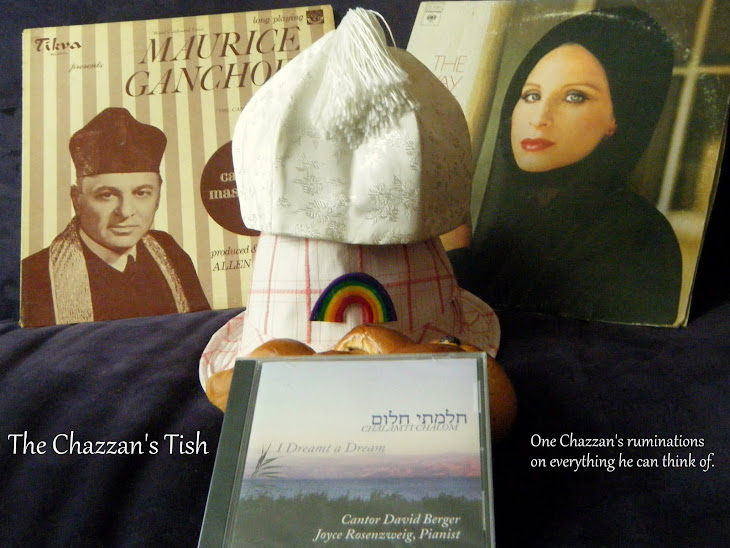1) For the entire month of Elul, the morning service ends with a Shofar blast (except on Shabbat). Hearing that clarion call every day forces us to do the spiritual work of "Cheshbon Hanefesh" - accounting of the soul.
2) We include Psalm 27 in every service.
To read the whole psalm in English and Hebrew, check here:
http://www.mechon-mamre.org/p/pt/pt2627.htm
This is a sort of tricky one to understand. What is it about this psalm that makes it THE psalm for the "Penitential Season?"
I think to answer the question of the psalm we have to start with an even more basic question - Why does Rosh Hashanah come before Yom Kippur?
It sounds crazy - but it would make so much more sense if it went the other way. If Yom Kippur was first, we could come clean from all that we've done wrong, wipe it all away, and then come to Rosh Hashanah and begin our new year with a clean slate.
Well - as much sense as that makes - it doesn't actually work out that way...
As it usually happens we start with this grandiose holiday filled with BIG music, BIG prayers, and Shofars blasting away and then have 10 days to recuperate before we come back to beat our chests and ask for forgiveness.
So - why do we do it that way?
I think our tradition is telling us that we can't just expect to be able to authentically come before God and ask forgiveness without a lot of preparation. We need to remember who God is - and what we hope God does - and who we are when we stand in God's presence. Rosh Hashanah gives us that preparation and reintroduces ourselves to the longing and hope that lives inside us. Only then can we enter Yom Kippur and access the part of us that asks for forgiveness.
With all that - I haven't mentioned Psalm 27 yet.
This psalm CRAVES God's attention. It starts out proclaiming that "God is my light and my help" with a certainty that belies our real experience of life in this world.
Reality enters the picture with verse 4 -
One thing I ask, only this do I seek
To dwell in Your house all the days of my life
To behold Your loveliness, in the light of Your temple dawn.
We have only one request - to live with the knowledge that we are with God. Whatever situations life gives us, good or bad - we hope and pray that God will be with us in them. We start singing these words today, on Rosh Chodesh Elul - and keep going all the way through the "closing of the gates" at Hoshanah Rabba (at the end of Sukkot).
We try - using the words of this psalm, to bring ourselves into God's presence - so that we can find the parts of ourselves, however deeply buried they may be, that know how to ask for forgiveness.
Here is the melody we use to sing these words:
Download Cantor David Berger - Achat Sha'alti
This melody, written by Israel Katz, is arranged for 2 parts by my dear friend and mentor Joyce Rosenzweig.
Achat Sha’alti mei’eit Adonai otah avakeish (2x)
Shivti b’veit Adonai kol y’mei chayai
Lachazot b’no’am, b'no'am Adonai ul’vakeir b’heichalo (2x)
We will be singing it a lot over the coming month, and the melody will be with us throughout our journey from the beginning of Rosh Hashanah till the Shofar blast at the end of Yom Kippur.
Psalm 27 ends with a simple blessing - some words of encouragement for the work we all have before us.
Hope in Adonai
Be strong and of good courage!
And hope in Adonai.
Chodesh Tov,
the Chazzan


David, Thanks for your thoughts on why we sing Psalm 27 in this season.
ReplyDelete